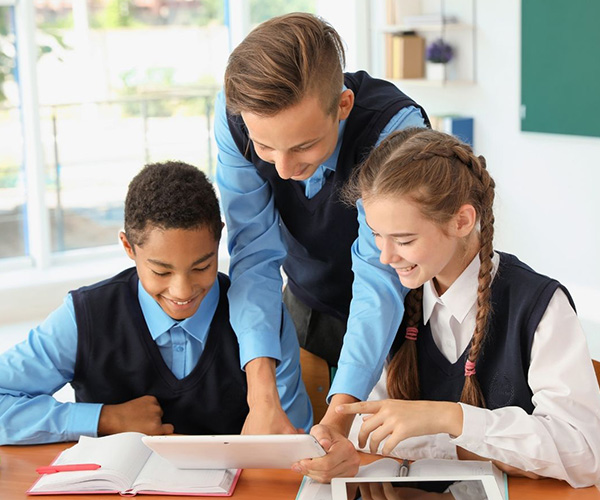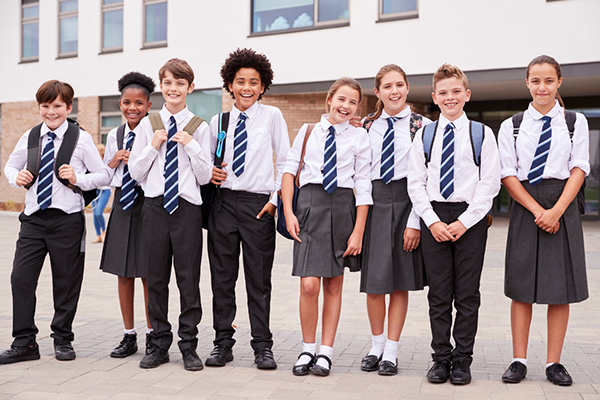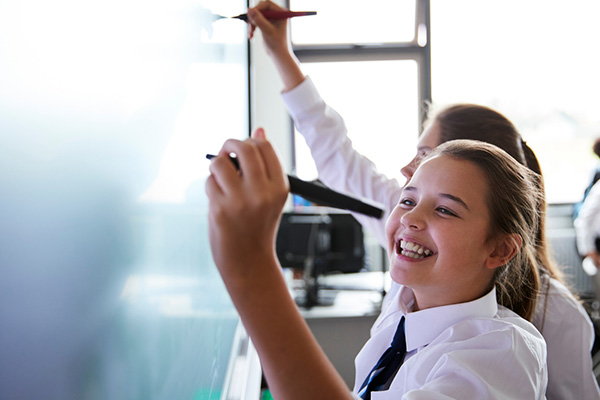Jigsaw PSHE 11-16 is an online, comprehensive, evidence-informed curriculum programme designed to address the unique challenges faced by young people today. Our programme focuses on the development of critical life skills, emotional resilience, and wellbeing, integrating key topics such as relationships, mental health, online safety, and personal development. With mindfulness practices embedded throughout, Jigsaw PSHE equips young people with the tools to navigate school and life challenges alongside academic achievement with confidence.
Our spiral, RSE compliant curriculum programme is designed to build on core skills year after year, ensuring continuous growth and deeper understanding as students progress. Delivered via our online portal, Jigsaw PSHE is more than a curriculum; it’s an essential part of fostering a safe, supportive, and inclusive environment that empowers both young people and staff.




